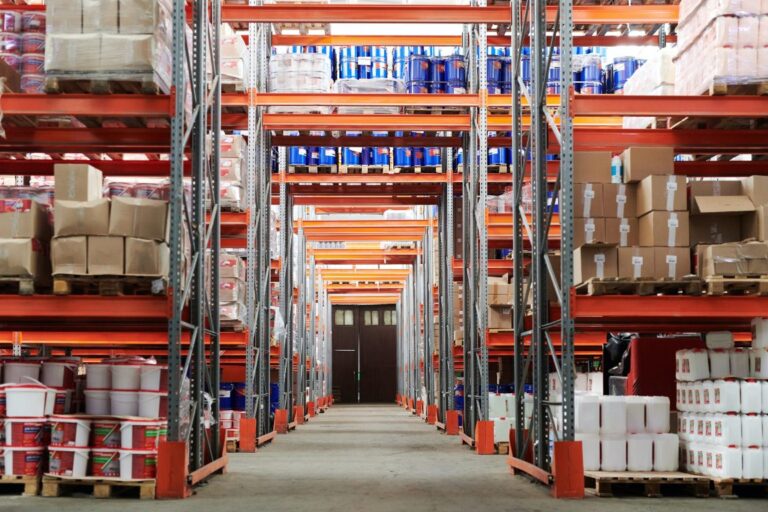Nigeria’s economy continues to bleed from one of its least-discussed but most devastating problems — the cost of moving goods. According to DP World, one of the world’s leading logistics giants, moving products within Nigeria is so inefficient that in extreme cases, transport costs alone swallow up as much as 75% of the product’s value.
Chief Executive Sultan Ahmed Bin Sulayem Akoojee (DP World Africa & Europe) did not mince words while speaking at the unveiling of the firm’s partnership with PepsiCo. He described Nigeria’s logistics sector as “among the costliest in the world,” citing poor ports, crumbling roads, and endless truck delays as the main culprits.
Globally, logistics typically consumes 6–8% of a nation’s GDP, yet Nigeria’s share is almost double. The result? Businesses lose competitiveness, prices stay high, and economic growth slows.
“Trucks spend days, sometimes weeks, just to exit a port terminal. Ships wait endlessly to berth. Once the goods are finally out, broken roads and congestion pile even more cost on traders,” Akoojee explained.
DP World believes the fix lies in an “end-to-end” strategy — integrating ports, warehouses, and distribution with modern technology to cut waste across the chain. The company has begun investing in Nigerian infrastructure, banking on reforms such as the planned revamp of TinCan and Apapa ports and ongoing road upgrades.
Akoojee insists the country has vast potential but warns that without urgent intervention in logistics, Africa’s largest economy will keep dragging behind.
“Infrastructure gaps are holding Nigeria back. But with proper investment, efficiency can be restored, costs reduced, and products made more affordable,” he said.

